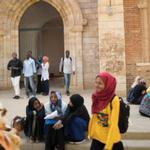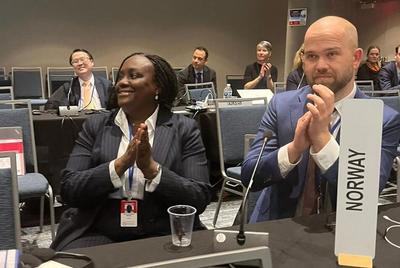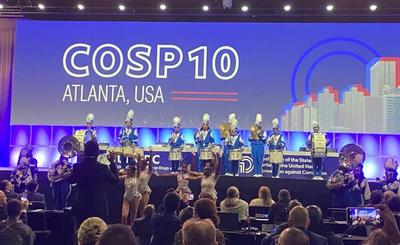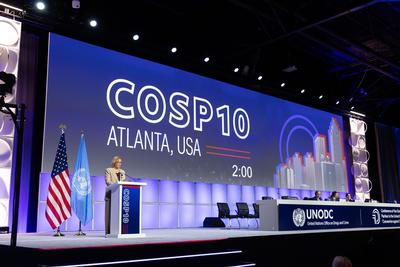Feminist (in)security talks
In this talk, we discuss the cases of Afghanistan, Haiti, Mozambique, and Sudan in light of feminist approaches to (in)security and what they can offer in advocating for more inclusive overall peace and security discussions, and particularly for women, persecuted and marginalized groups.
Feminist theories understand security as a multidimensional concept. This means that human security should be understood beyond the physical or psychological, to also include structural and ecological aspects. Also, it should not be restrained to a dichotomy between conflict and peace. Access to food, shelter, education, health care, environmental stability, and civic participation should be included in the conceptualization of (in)security and as such broaden the women, peace and security agenda internationally and nationally. How are women and (in)security understood and expressed across contexts? What are the implications of a feminist take on (in)security?
Participants: Samah Khalaf Allah, University of Bayreuth, Germany; Carmeliza Rosário, CMI; Marianne Tøraasen, CMI; Egna Sidumo, CMI; Torunn Wimpelmann, CMI.
Moderator: Liv Tønnessen, CMI/LawTransform.
https://www.lawtransform.no/beex/

Cabo Delgado: Conflict, Resilience and Reconstruction









